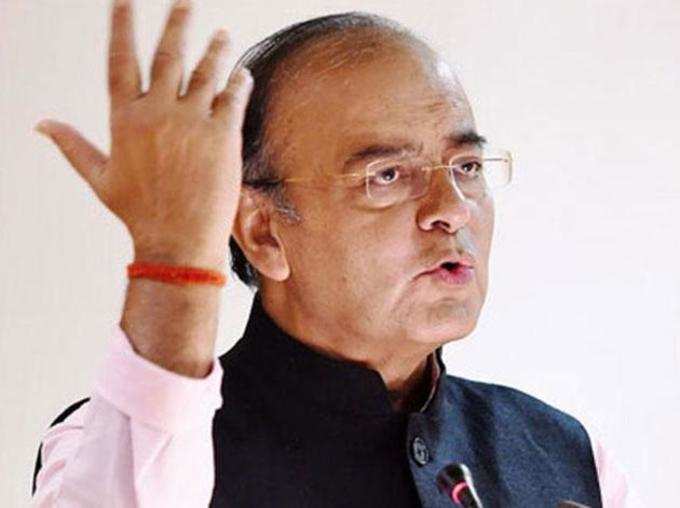 As
As The problem is that as a constitutional amendment bill, GST needs support of two-thirds of the Upper House for which the government will need the support of the Opposition parties. While it has the support of parties such as
The government hopes that despite its reservations against the Bill in the current form, the Congress will at least abstain from voting, helping it pass through the hurdle at the Upper House. Besides, the acquittal of former Tamil Nadu chief minister J Jayalalithaa by a special bench of the
The GST, which was recommended by the Kelkar Committee appointed by the
GST, in essence, is a value added tax to be levied on both goods and services, except for a list of exempted goods and services, at both the centre and state level. It will replace the plethora of indirect taxes including service tax, central excise duty, additional excise and customs duties, central surcharges and cesses, state VAT, state sales tax, entertainment tax not levied by local bodies, luxury tax, taxes on lottery, betting and gambling, tax on advertisements and state cesses and surcharges related to supply of goods and services, thus transforming the labyrinthine patchwork of taxes to a lean, streamlined process.
Besides simplifying tax system, enhancing compliance and boost tax revenues for both the centre and states, GST will reduce tax outflow in the hands of the consumers.
It will also reduce paperwork needed to remitting taxes and simplify accounting complexities for businesses. A simple taxation system is also expected to make several sectors, including manufacturing and infrastructure, more competitive.
In its present form it will comprise central and state GSTs which will be legislated, levied and administered separately.
Initially certain goods including crude petroleum, diesel, petrol, natural gas, aviation turbine fuel and alcohol for human consumption will be kept out of the GST’s purview, as sharing tax over these goods has been a point of contention between the centre and states. States will have the power to levy taxes on these items, except in the case of imports and inter-state trade.
The beauty of GST is that though it will be levied on all products and services and covers all stages from manufacture to sale, it will be changed only on the value added at each stage of the product life cycle, hence reducing the tax to be collectively paid by companies and eventually by consumers.
Under the proposed tax regime, companies can claim deduction on the taxes already paid by their suppliers. This in turn enhances compliance and overall tax income for the government as every firm will be encouraged to ensure that its supplier has paid its portion of tax part to be eligible for deductions.
If the government is managed to pass the Bill through the Upper House, it will join more than 150 countries that have already adopted GST and be in a position to convince foreign investors that it is keen to clearing India’s labyrinthine tax regime, which may eventually lead to increased investment flows into the country.